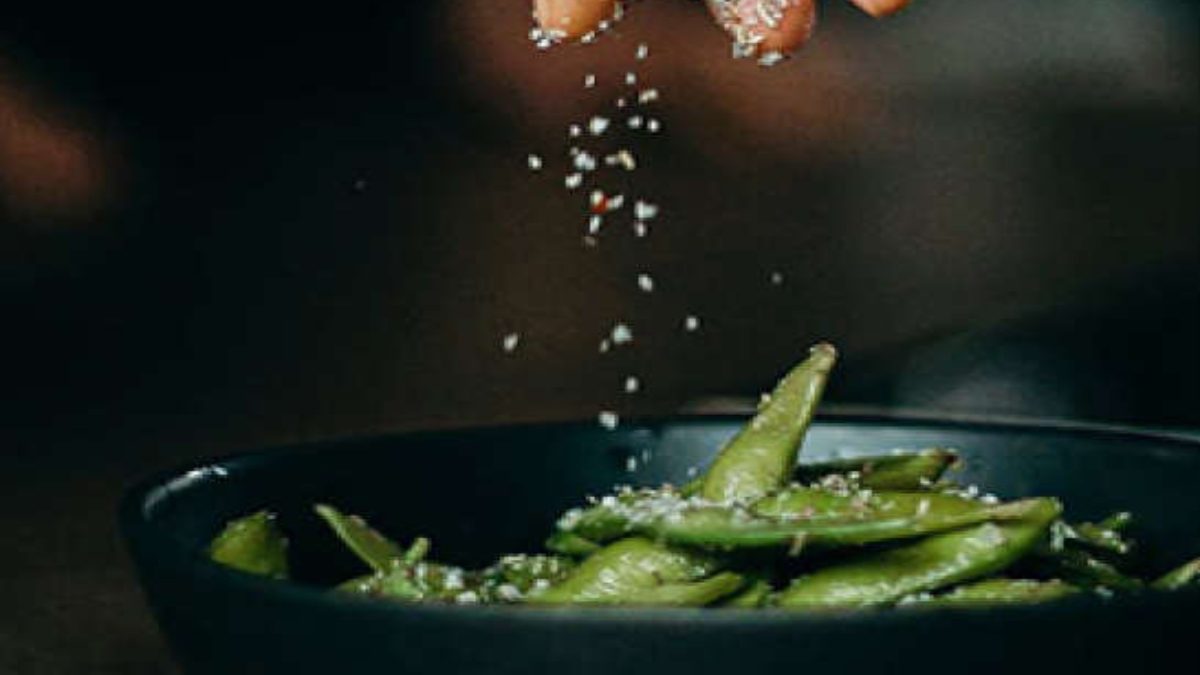According to a recent study of more than 500,000 people, it was discovered that people who add extra salt to their cooked food at the table are at a higher risk of dying prematurely.
The findings of the study were published in the journal European Heart Journal. Compared to those who never or rarely added salt, those who always added salt to their food had a 28% increased risk of dying prematurely. In the general population, about three in every hundred people aged between 40 and 69 die prematurely. The increased risk from always adding salt to food seen in the current study suggests that one more person in every hundred may die prematurely in this age group.
In addition, the study found a lower life expectancy among people who always added salt compared to those who never or rarely added salt. At the age of 50, 1.5 years and 2.28 years were knocked off the life expectancy of women and men, respectively, who always added salt to their food compared to those who never, or rarely, did. The researchers, led by Professor Lu Qi of the Tulane University School of Public Health and Tropical Medicine, New Orleans, USA, say their findings have several public health implications. To his knowledge, our study is the first to assess the relation between adding salt to foods and premature death.
“It provides novel evidence to support recommendations to modify eating behaviours for improving health.”
Even a modest reduction in sodium intake, by adding less or no salt to food at the table, is likely to result in substantial health benefits, especially when it is achieved in the general population. “
Assessing overall sodium intake is notoriously difficult as many foods, particularly pre-prepared and processed foods, have high levels of salt added before they even reach the table.
Studies assessing salt intake using urine tests often only take one urine test and so do not necessarily reflect usual behaviour. In addition, foods that are high in salt are often accompanied by foods rich in potassium, such as fruit and vegetables, which are good for us.
Potassium is known to protect against the risk of heart diseases and metabolic diseases such as diabetes, whereas sodium increases the risk of conditions such as cancer, high blood pressure, and stroke.
For these reasons, the researchers chose to look at whether or not people add salt to their foods at the table, independent of any salt added during cooking.
“Adding salt to foods at the table is a common eating behaviour that is directly related to an individual’s long-term preference for salty-tasting foods and habitual salt intake,” said Prof. Qi.
“In the Western diet, adding salt at the table accounts for 6–20% of total salt intake and provides a unique way to evaluate the association between habitual sodium intake and the risk of death.”























